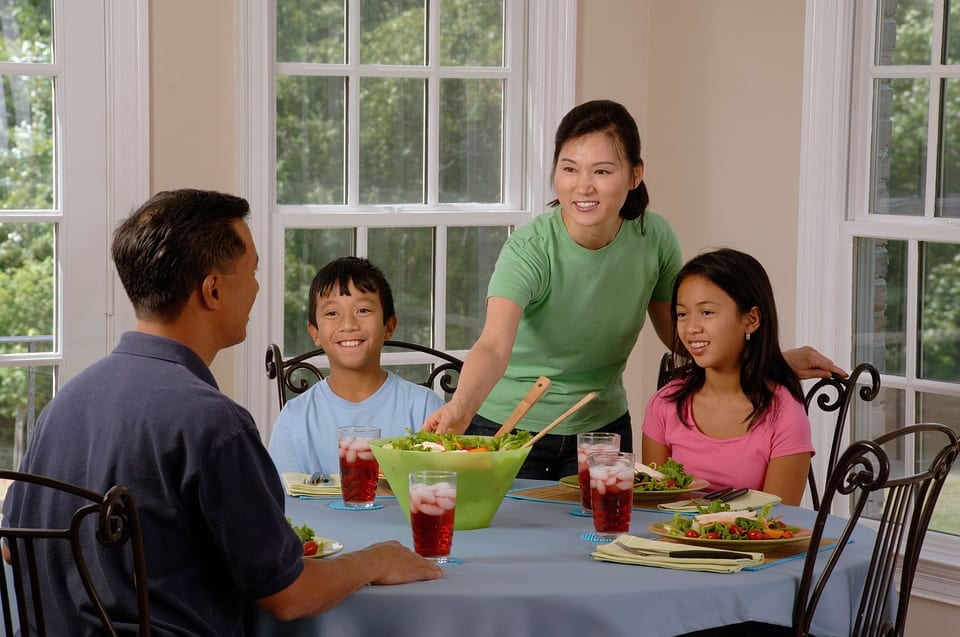
Many of our E-2 Treaty Investor clients have spouses and children included in their applications as derivative beneficiaries. Some have large families with small children. Others must travel long distances to sit for the interview and do not want to assume the financial and physical burden of transporting the entire family. This produces many questions on the subject of who exactly must attend the E-2 visa interview and, more specifically, when.
The U.S. State Department broadly states that anyone between the ages of 14 and 79 applying for a must actually attend a consular interview. In practice, this often results in infants, toddlers, and young children being brought along to the consular interview because both parents must attend the interview as the primary applicant and the spouse. This presents an added hurdle for many applicants, as they have spent considerable time and money preparing for the interview and are concerned about how to manage the young children during a process that can take several hours.
Many of our clients are surprised when they learn that there is a simple solution for all of this: the primary applicant can attend the consular interview alone and the spouse and family members can schedule an appointment for their derivative E-2 visas at a later date once the underlying E-2 visa has been granted. The process for this is very easy and this alternative may be preferred by the spouse and children who typically would rather not be placed in a stressful environment unnecessarily (especially since the primary applicant is not sure they will get the visa). An additional benefit is that the spouse and children can schedule the appointment at any consulate that will accept the application, whereas a great many treaty countries limit first-time E-2 applicants to a single consulate.
Procedurally, all that is required is that the primary applicant is the only person to submit a DS 160, pay the visa fees, and schedule the interview at the consulate. If the application is approved, the consulate will typically take 3-5 business days to return the passport with the newly-issued E-2 visa. Once the primary applicant has this in hand, the spouse and any children can easily submit their own DS 160s, pay the fees, and promptly schedule an interview at a consulate of their choosing. No documents are submitted before-hand and they do not need to deal with the E-visa unit. Furthermore, the documentation required and line of questioning faced by the spouse and children is minimal and really limited to establishing their identity and proving the legitimacy of the marriage. Documents typically include an original marriage certificate, original birth certificates for any children, current passports, a copy of the primary applicant’s E-2 visa, as well as the DS 160 confirmations and proof of visa fee payments.
It is also worth noting that the spouse is not expected to answer questions about the E-2 enterprise (unless they are a co-investor and actively involved in the operations).